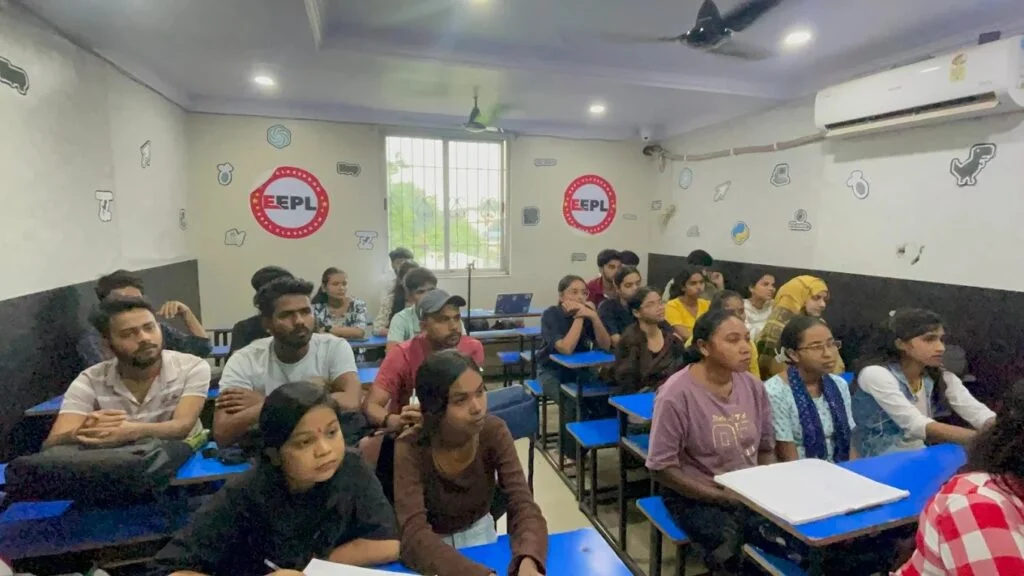Algebra forms a significant part of the CBSE Class 11 Mathematics syllabus. It builds the foundation for higher-level mathematics and involves various concepts essential for problem-solving and analytical thinking. Below is a detailed overview of the topics covered under Algebra for Class 11 in the CBSE curriculum:
1. Sets
- Definition: A set is a well-defined collection of objects.
- Key Topics:
- Representation of sets: Roster and Set-builder forms
- Types of sets: Empty set, Finite and Infinite sets, Equal sets, Subsets, Universal set
- Venn diagrams
- Operations on sets: Union, Intersection, Difference, and Complement of sets
- Properties of sets
2. Relations and Functions
- Definition of Relations: A relation is a connection between two sets of information.
- Key Topics:
- Cartesian product of sets
- Types of relations: Reflexive, Symmetric, Transitive, and Equivalence relations
- Definition and classification of functions: One-one, Onto, and Inverse functions
- Domain, Range, and Codomain

3. Complex Numbers
- Introduction: A complex number is expressed in the form z=a+ibz = a + ibz=a+ib, where aaa and bbb are real numbers, and iii is the imaginary unit.
- Key Topics:
- Algebra of complex numbers: Addition, Subtraction, Multiplication, and Division
- Modulus and argument of a complex number
- Polar representation of complex numbers
- Square root of a complex number
- Cube roots of unity
4. Quadratic Equations
- Definition: A quadratic equation is of the form ax2+bx+c=0ax^2 + bx + c = 0ax2+bx+c=0, where a≠0a \neq 0a=0.
- Key Topics:
- Roots of quadratic equations
- Nature of roots based on discriminant
- Relation between roots and coefficients
- Solving quadratic equations using the factorization method and quadratic formula
5. Sequences and Series
- Introduction: A sequence is an ordered list of numbers following a specific pattern, and a series is the sum of the terms of a sequence.
- Key Topics:
- Arithmetic Progression (AP): General term, Sum of n terms
- Geometric Progression (GP): General term, Sum of n terms, Infinite GP series
- Relationship between AM (Arithmetic Mean) and GM (Geometric Mean)
- Special sequences: Sum of squares and cubes of first nnn natural numbers
6. Binomial Theorem
- Definition: The binomial theorem provides a way to expand expressions of the form (a+b)n(a + b)^n(a+b)n.
- Key Topics:
- Statement and proof of the binomial theorem for positive integers
- General term and middle term in binomial expansion
- Properties of binomial coefficients
7. Permutations and Combinations
- Introduction: Permutations and combinations are techniques for counting and arranging objects.
- Key Topics:
- Permutations: Formula for arrangement when order matters
- Combinations: Formula for selection when order does not matter
- Applications in real-life scenarios
Study Tips for Algebra in Class 11
- Understand the Basics: Ensure you have a strong grasp of concepts from Class 10 Algebra.
- Practice Regularly: Algebra requires consistent practice to master problem-solving techniques.
- Focus on Concepts: Understand the theory behind formulas and theorems rather than just memorizing them.
- Solve CBSE Sample Papers: Practice questions from previous year papers and CBSE sample papers to familiarize yourself with the question pattern.
- Utilize Visual Aids: Use Venn diagrams, graphs, and illustrations to understand abstract concepts better.
By mastering the concepts of Algebra in Class 11, students will be well-prepared for advanced mathematics in Class 12 and competitive exams.
For More Information and Updates, Connect With Us
- Name: Survi
- Phone Number: +91-7488713635
- Email ID: survi@eepl.me
- Our Platforms:
- Digilearn Cloud
- EEPL Test
- Live Emancipation
- Follow Us on Social Media:
- Instagram – EEPL Classroom
- Facebook – EEPL Classroom
- https://eepl.me/classes/index.php/blog/
Stay connected and keep learning with EEPL Classroom!










